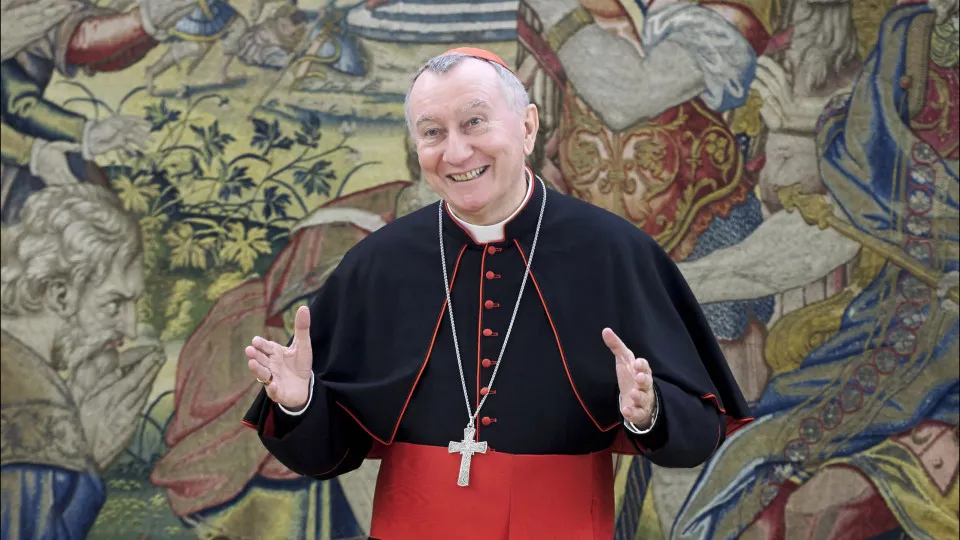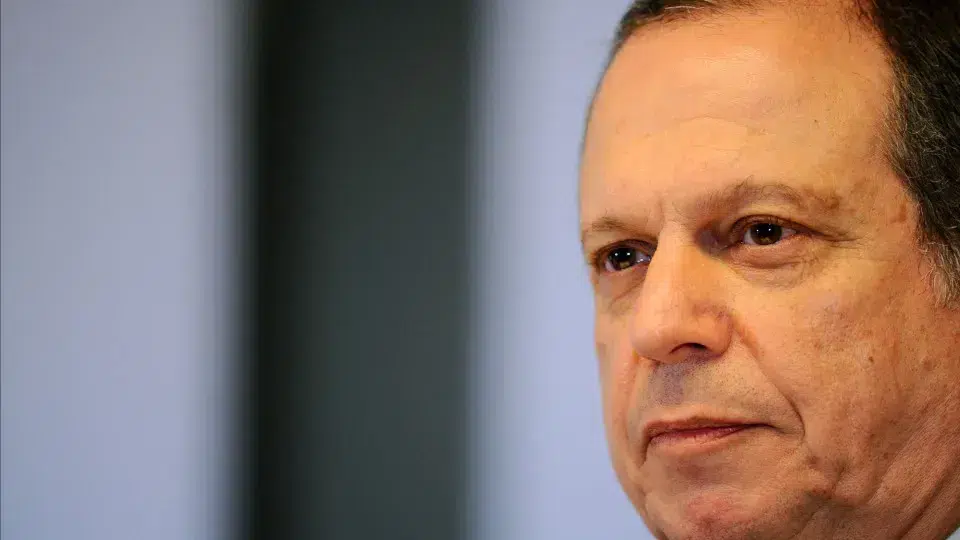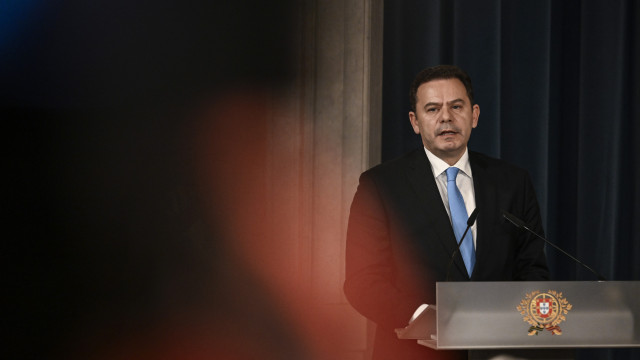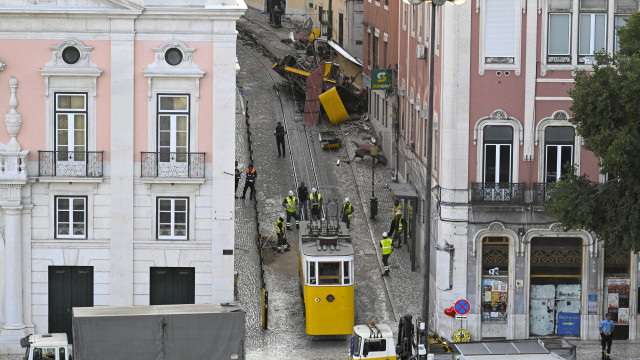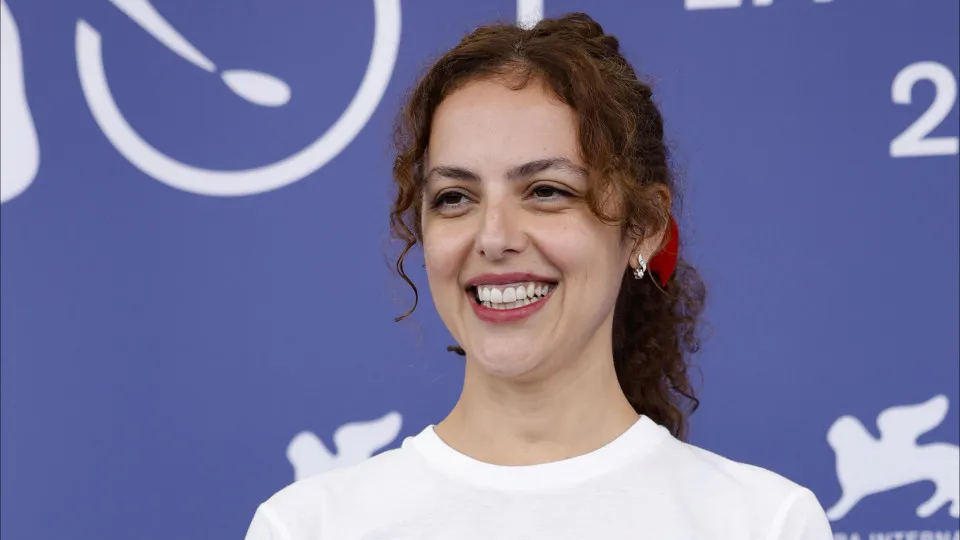
The film addressing the theme of abortion, ‘Abril’, set to premiere in Portugal this Thursday, has not been shown in Georgia.
“No one has actually seen the film legally in Georgia. Illegally, I know many people have,” stated the director about the work that received the Special Jury Prize at the Venice Film Festival in 2024.
“I don’t think I can make more films in Georgia at the moment, I don’t think it’s possible (…). The problem is that the way I usually make films, with people who come to me and tell me their real stories and transport me into their real lives, there are many risks now for those who share things with me and whom I somehow expose. I don’t know how to deal with this reality and with my cinema, my films,” she lamented.
In ‘Abril’, the director, also awarded at the San Sebastián Festival for her debut work (‘The Beginning’), collaborated with a team of Western European producers.
“I worked with a wonderful team, but there was always this cultural ‘gap’ which made it very difficult for them to understand why I couldn’t simply go to that municipality and speak freely. It was a very difficult process for both sides, with the people who supported me, like my producers, and those who didn’t want the film made, such as the local authorities,” she explained.
Dea, who has been giving interviews in other countries, learned a few weeks ago that one of the actors was approached “by the only film distributor in Georgia.”
“They told him they were upset because I keep saying the film wasn’t shown in Georgia, as they had nothing against showing it. This is so interesting because strangely no one has ever contacted me, I don’t exist at all in the cinematic landscape of Georgia, my existence is completely ignored, but they decided to tell the actor that I’m a liar, basically that’s what they wanted him to believe.”
According to the director, the film was not only not invited for any screenings in the country but was also “largely ignored.”
“The reality of the situation is that, first and foremost, I don’t have exhibition rights even for Georgia. They belong to the Georgian producers. I don’t have much to say,” the director added.
Dea Kulumbegashvili filmed in the region where she grew up. “I know this place. It’s my home. Strangely when we talk about Georgian cinema, very often it is city cinema, but almost no one leaves this big city to see our beautiful country, which has been largely forgotten or considered a backyard of Russia, sadly because it is not, not at all!”
“This is where I’ve made my films, eastern Georgia, on the border with Azerbaijan. It is a very culturally unique place, with many ethnicities, but it is also the place, I think, most beautiful in the world,” she laughed.
Dea has known all the people who participated in the film since childhood. “I know exactly what I’m talking about when I talk about this place and the people who live there,” she assured.
The director confessed that, at the moment, she doesn’t see any possibilities of continuing to work in Georgia. “That’s the reality and unfortunately, I don’t see conditions for any Georgian director to work in the country currently.”
“I have been very lucky because I have friends in Europe and the USA. Personally, I know I can go and make films in other places and there are things I would like to discuss that are not happening in Georgia, they are universal themes of human experience,” she revealed.
The filmmaker is now in a phase of thinking about what’s next. The only certainty is that making films in Georgia “is not an option.”
The Black Sea country, plunged into a constitutional crisis since the ruling party, Georgian Dream, claimed victory in the October 2024 parliamentary elections, suspended accession negotiations with the European Union until at least 2028.

